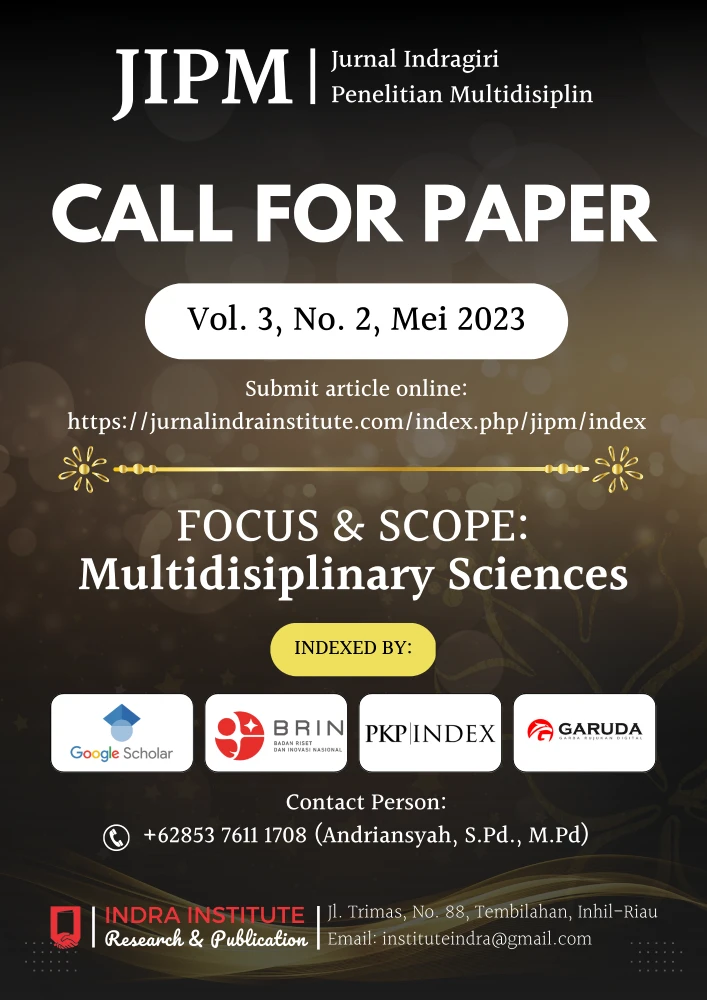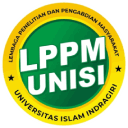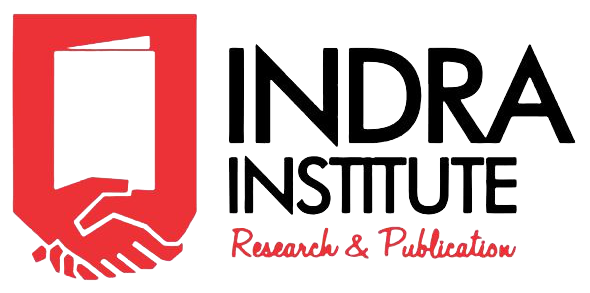Pembangunan Hukum Dalam Menciptakan Masyarakat Yang Anti Korupsi
DOI:
https://doi.org/10.58707/jipm.v4i3.1042Keywords:
anti-corruption, legal development, societyAbstract
Corruption has consequences that are very dangerous for human life, both aspects of social, political, bureaucratic, economic, and individual life. The danger of corruption to life is likened to corruption is like cancer in the blood, so the owner of the body must always do continuous "dialysis" if he wants to be able to live on. The method used is a descriptive normative research method. Factors for the occurrence of corruption crimes in Indonesia include: (1) Weak religious, moral, and ethical education, (2) the absence of harsh sanctions against corrupt actors, (3) the absence of a good governance system, (4) economic factors, (5) poor management and the absence of effective and efficient supervision as well as, (6) Modernization that causes a shift in the values of life that develops in society. The existing anti-corruption legal concept is regulated in Law of the Republic of Indonesia Number 20 of 2001 concerning Amendments to Law Number 31 of 1999 concerning the Eradication of Corruption and Law of the Republic of Indonesia Number 1 of 1946 concerning the Enforcement of the Criminal Code. The suggestion in the study is, It is necessary to have instilling religious values and preventive efforts in state institutions in terms of conveying how dangerous the impact of corruption is on the progress of the development of a country and in this case it is necessary to have law enforcers who are aware of the application and enforcement of clean and honest laws
Downloads
Published
How to Cite
Issue
Section
License
Copyright (c) 2024 Jurnal Indragiri Penelitian Multidisiplin

This work is licensed under a Creative Commons Attribution-NonCommercial-ShareAlike 4.0 International License.





















